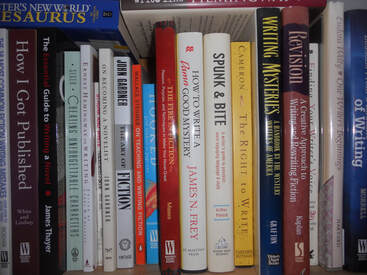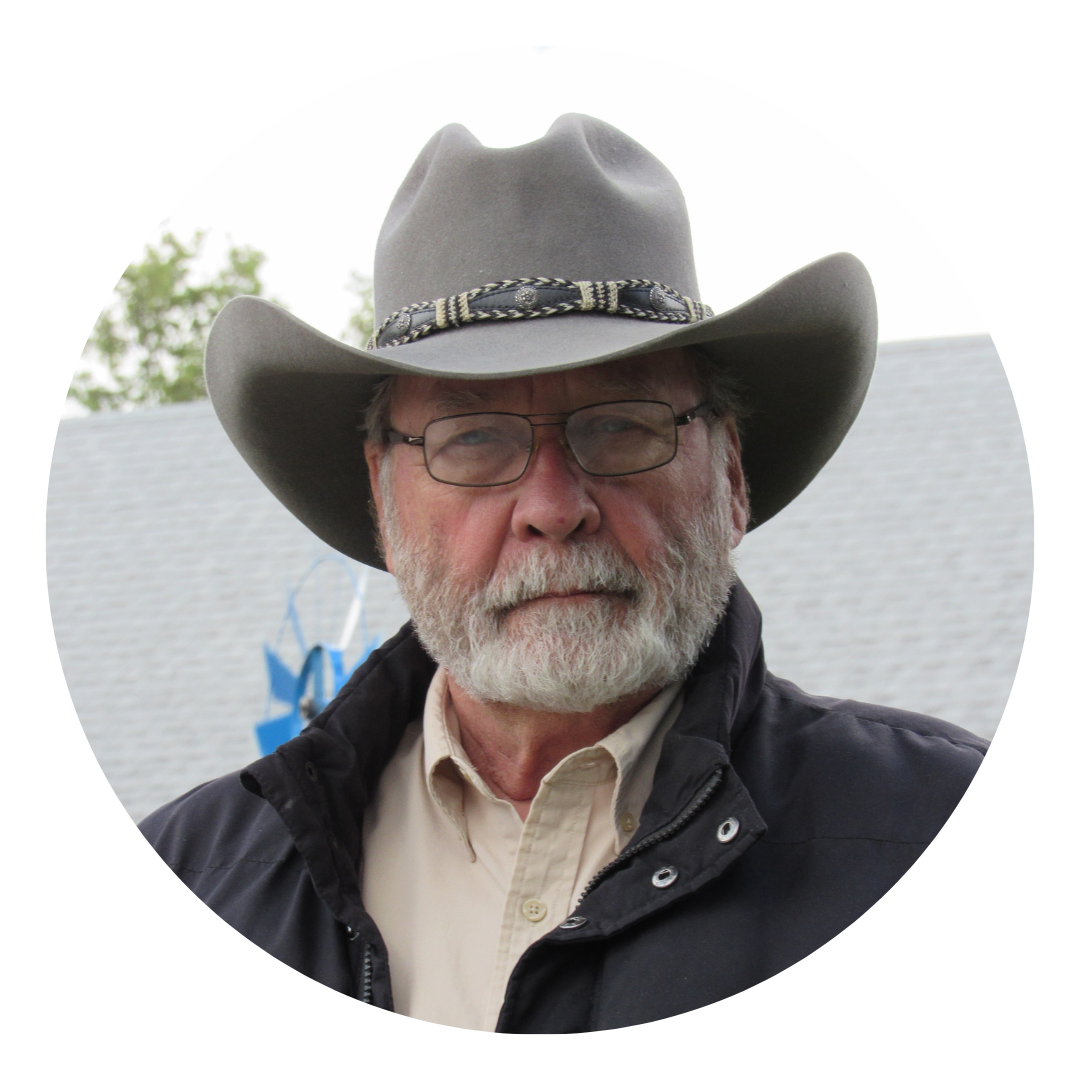 She didn’t like my book. I submitted the manuscript for The Biggest Cowboy In The World to my publisher in May. I asked the editor to read it through before editing the words because I was not confident that I had a story people would enjoy. It would be wasted effort to make the words better if they weren’t the correct words to begin with. I’ve spent eight or nine months writing the novel in a vacuum. I did not write a preliminary treatment of what the book would be about (because I really didn’t know) and I did not ask anyone to read the drafts along the way. I’ve blogged before that I set out to write somewhat of a sequel to Smoke Dreams, my first adult novel, published in 2013. I found that it was harder to do and less satisfying than what I expected, but I still maintained the new storyline to be complimentary to the first novel or, at least, not to contradict the first novel. My editor has not read Smoke Dreams. It took her a month or so to finish the book (she had other commitments and was travelling in July) and we talked last week on the phone (she was in Virginia). Her feedback included these points:
She had a double-handful more of specific recommendations, but the big items needed to be fixed first. Overall, it was not a book she’d choose to read, nor would she recommend it to a general reader. We talked about whether it was a good story badly written, or just a bad story. Finding new words is relatively easy, but curing a bad story is fundamentally hard and may sometimes require just throwing it away as a bad idea. I’ve heard of many writers who have chunked new works in the trash. I could do that, but I would hate to. It’s the equivalent effort of writing three new Mogi stories. We decided that it was a story that could become a good story, but needed major changes. I am happy with her feedback. In fact, it was a relief to finally hear serious comments. I’m probably a better fixer of something than I am a creator of something, anyway, so rewriting a manuscript gets me excited. We decided that changing the story a little would make it less confusing and could use fewer words and develop better characters. She is not clear how to go about it, which is good, because it’s not clear to me, either. She’s been the editor for nine of the ten Mogi Franklin stories and I surprised her by writing something completely different. Of course, I view it as innovative writing, whereas she sees it as a failure to communicate. I suspect that she is more correct. I am now rewriting the manuscript, but I did four global things before I started:
My assessment (especially after having deleted 24,000 words) is that my novel had way too much clutter – telling too much history, giving too much description, giving too much background to situations, making actions too slow and ponderous, building too much backstory to characters and locations, and, in general, obscuring both the storyline and the characters with too many words about other things. That doesn’t mean that I won’t have to put some of the deleted words back. Transitions between scenes, informational content valuable to the story, some flavor and color to the language, items that made for a richer understanding of what was going on, and other aspects. As I’m rewriting, I’ll need to stay aware of what’s missing. I’ve also ordered some “western” books from Amazon. I’ve read several books by Louis L’Amour in the past, but the bulk of my experience with westerns have come from Larry McMurtry, who is probably too literary to be a model for a traditional “western writer”. I want to read westerns to see the words, sentences, and paragraphs that western writers use, as well as how they use plots, timing, action scenes, transitions, color, and pace. I’m not sure that John Wayne movies reflect a typical cowboy anymore. Having already made it through thirty of about two hundred pages, I’m feeling good about my momentum. I’ve deleted more words, changed some sentences to be tighter and clearer, and have corrected some small errors. I like what’s happening. I estimate that it will take all of August to produce another draft, and I’m looking forward to seeing how my editor likes my new version.
1 Comment
Buff
7/25/2021 07:29:27 pm
Good luck! Better hearing hard to hear comments from a paid professional than a friend?
Reply
Leave a Reply. |
AuthorDon Willerton has been a reader all his life and yearns to write words like the authors he has read. He's working hard at it and invites others to share their experiences. |

 RSS Feed
RSS Feed